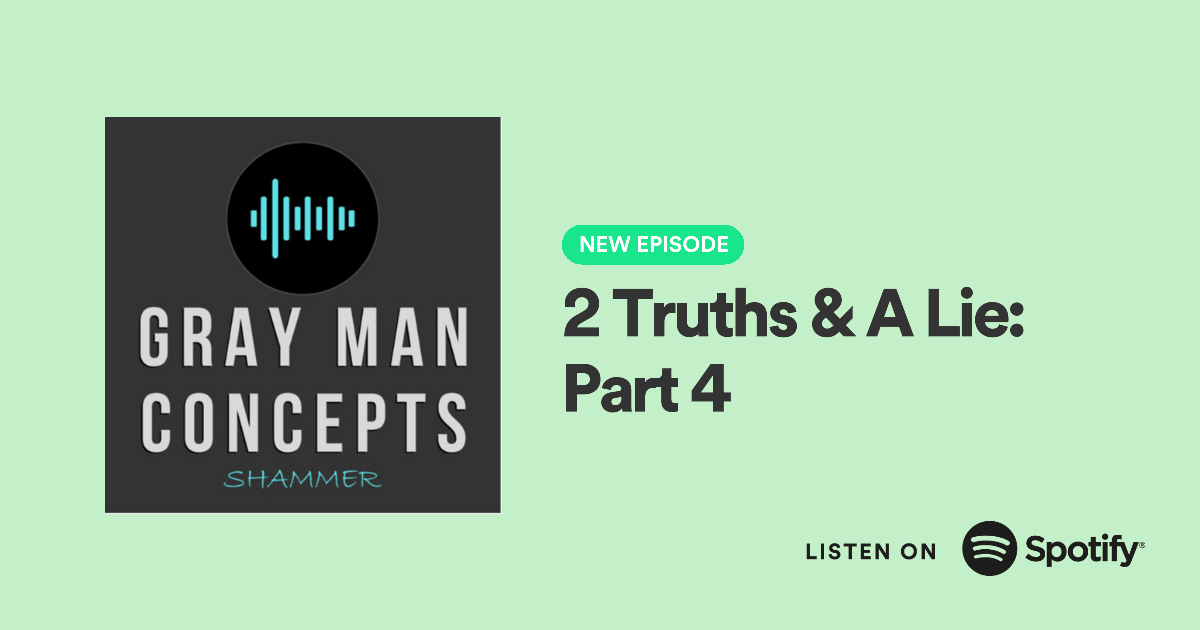Cyber Threats
Similar to the guidance for airports and hotels, conference attendees should also avoid connecting to any public Wi-Fi networks due to their inherent insecurity. The threat of network snooping is especially high at conferences and trade shows given the increased espionage threat highlighted above. At the same time, conferences and trade show vendors and attendees alike rely heavily on local networks to make presentations, highlight their services and stay in touch while visiting contacts, so having some sort of network solution is important. Individual attendees are best off using their cellphone data, physically tethering it to their laptop if necessary. Most conferences and trade show organizers offer internet packages for presenters and vendors that may offer a degree of increased security, but it is always important to review terms and conditions associated with such packages to determine the level of privacy they afford. Even then, it is important to remember that no internet connection is 100% secure, so use discretion when sharing information at a conference.
Mitigating Threats at Conferences
Conference attendees can anticipate the threats they might face at a given conference by assessing both the security threats facing the sector involved in the conference and those facing the city that is hosting the event — as well as considering how certain individuals or organizations attending a conference can attract an elevated threat. While the threat of violence should not be ruled out, it is unlikely to affect the average conference attendee, especially once inside the venue. That threat increases, however, once attendees are outside, particularly en route to or from hotels and/or local transportation hubs. Attendees should be aware of who may be targeting their organization's intellectual property and be especially careful about making contact with unverified individuals at conference events. Finally, conferences covering controversial topics or occurring during waves of social upheaval are more likely to face disruptions or even cancelations due to logistical or political challenges.
Research the conference before you go. What threats have been associated with the particular event in the past? What kinds of threats are most common in the city hosting the event or, better yet, the specific area of town? Who else is attending the event and have they attracted hostile behavior in the past?
Understand what security features the conference organizers are planning to implement, such as perimeter patrols, attendee screening measures and venue patrols; assess whether these are enough to counter the threat profile of the event.
Keep a low profile while entering and exiting the conference building to avoid attracting criminal attention; do not unnecessarily display your badge and avoid traveling in large groups that could mark an attendee as a target.
Depending on the sensitivity to industrial espionage of the sector in question, avoid bringing proprietary information or discussing sensitive details with unvetted persons. When making new contacts, vet them before engaging with them down the road.
If there is an elevated protest threat, consider the reputational risk of attending the event. Prepare contingency plans for ground transportation and accommodations if unrest disrupts basic city operations.
Avoid using public Wi-Fi connections and instead rely on cellphone data or private networks to conduct secure communications.
How to get your free month
How pricing works
How to view posts
What you can post
A #podcast about #persuasion, #deception, #communication, and the #Grayman
https://promocards.byspotify.com/share/5e3dfefd944d823be992a43447470e279711b635
These are some of my favorite camping tips A #podcast about #preparedness, #camping, #hiking, and the #Grayman
https://spotifyanchor-web.app.link/e/umedj5kJiBb














